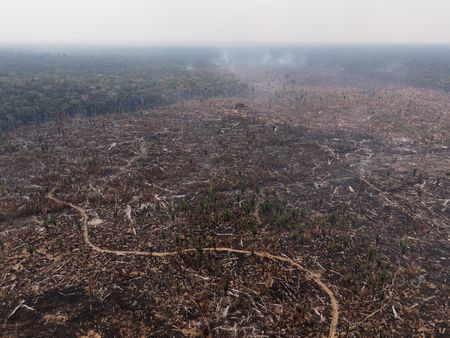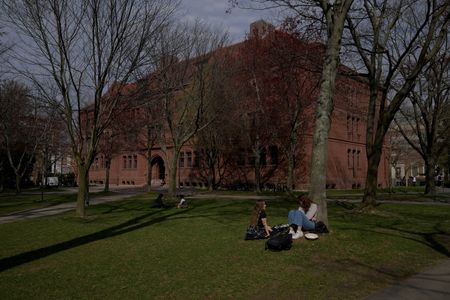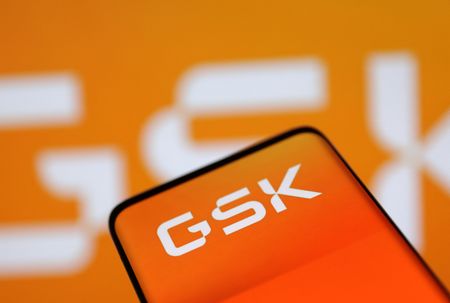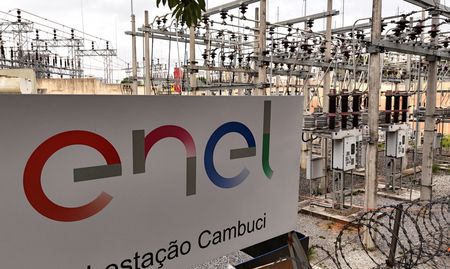By Kate Abnett, Charlotte Van Campenhout and Bart H. Meijer
BRUSSELS -Commodities from just four countries will face the strictest checks under the European Union’s anti-deforestation law, with major forest nations including Brazil and Indonesia spared the toughest rules.
The European Commission said in an act published on Thursday that the law would categorise goods imported from Belarus, Myanmar, North Korea and Russia as having a “high risk” of fuelling deforestation.
Countries including Brazil and Indonesia, which have historically had among the world’s highest rates of deforestation, will be labelled as “standard risk” – which means they will face lighter compliance checks on goods exported to Europe.
The world-first law will impose due diligence requirements on companies placing products including soy, beef, palm oil, timber, cocoa, coffee and chocolate onto the EU market. It has been staunchly opposed by countries including Brazil and Indonesia, who say it is burdensome and costly.
A key difference between the groups is that EU countries will be required to carry out compliance checks covering 9% of companies exporting from high-risk countries, 3% from standard-risk countries and 1% for low-risk countries.
The United States was among the countries labelled as “low-risk”, meaning its companies must still collect information on their supply chains, but not assess and address deforestation risks.
Companies in high risk and standard risk countries will need to show when and where the commodities were produced and provide “verifiable” information that they were not grown on land deforested after 2020.
Campaigners criticised the EU decision to impose the strictest checks on only four nations, but said even lower-risk countries would face some, albeit simpler, due diligence obligations.
“In practice, this shouldn’t undermine the power of this law to save forests,” said Giulia Bondi, campaigner at non-profit group Global Witness.
Rainforest Foundation Norway (RFN) was less optimistic and urged the EU to strengthen controls.
“It is simply unbelievable that Brazil, responsible for 42% of tropical forest loss in 2024, more than a doubling since the previous year, is not rated as high risk,” said RFN director Toerris Jaeger, citing a recent report from Global Forest Watch.
The Commission said it had labelled countries based on scientific evidence and data.
The EU law will apply from the end of 2025 for large companies, and from June 2026 for small firms. Failure to comply could result in fines of up to 4% of a company’s turnover in an EU country.
(Reporting by Charlotte Van Campenhout and Kate Abnett; Additional reporting by Oliver Griffin in Sao Paulo; editing by Bart Meijer and Jan Harvey)










